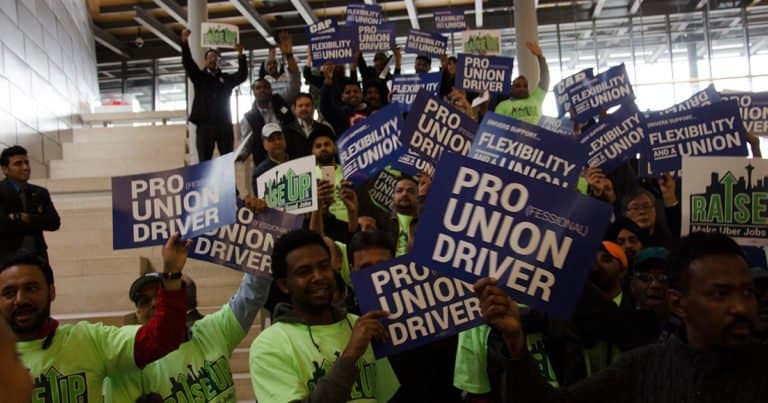As reported yesterday, there is continuing coverage of the fast food workers’ strikes planned in over 100 U.S. cities tomorrow.
Chicago mayor Rahm Emanuel took the first step towards securing a higher minimum wage this week by signing an executive order requiring Chicago contractors and subcontractors to pay workers $13/hour. The order is only expected to affect about 1,000 of the approximately 400,000 workers who make the minimum wage in Chicago. Emanuel has proposed an ordinance that would raise the entire city’s minimum wage to $13/hour by 2018; a vote on that ordinance is expected after the November elections.
The Wall Street Journal reports that the U.S. government announced a joint initiative with the government of Myanmar to improve labor standards there and help U.S. companies avoid labor market pitfalls while investing. The U.S. eased economic sanctions against the country in 2012. Myanmar is looking to update its labor laws to encourage foreign investment, after “[h]uman rights groups and foreign governments, including the U.S., have [expressed concern] over alleged human rights violations, including allegations of forced and underage labor in [Myanmar’s] underdeveloped economy.”
The New York Times reports that a new OECD report found that the current high unemployment rates in much of the developed world are the result of the slow economic recovery, rather than a lack of skilled workers. According to the article, “The findings could hold significant implications for policy makers aiming to reduce unemployment, while adding fuel to arguments of economists who say that eurozone governments need to abandon austerity budgeting and instead take steps to stimulate their economies.”
Thomas Edsall writes on the New York Times opinion page that political polarization has damaged our ability to examine objectively the root causes of poverty. He argues that doing so is necessary to mount a united domestic response to poverty and inequality, problems which, because of a globalizing workforce, are becoming increasingly harder for American to remedy unilaterally.






Daily News & Commentary
Start your day with our roundup of the latest labor developments. See all
October 14
Census Bureau layoffs, Amazon holiday hiring, and the final settlement in a meat producer wage-fixing lawsuit.
October 13
Texas hotel workers ratify a contract; Pope Leo visits labor leaders; Kaiser lays off over two hundred workers.
October 12
The Trump Administration fires thousands of federal workers; AFGE files a supplemental motion to pause the Administration’s mass firings; Democratic legislators harden their resolve during the government shutdown.
October 10
California bans algorithmic price-fixing; New York City Council passes pay transparency bills; and FEMA questions staff who signed a whistleblowing letter.
October 9
Equity and the Broadway League resume talks amid a looming strike; federal judge lets alcoholism ADA suit proceed; Philadelphia agrees to pay $40,000 to resolve a First Amendment retaliation case.
October 8
In today’s news and commentary, the Trump administration threatens no back pay for furloughed federal workers; the Second Circuit denies a request from the NFL for an en banc review in the Brian Flores case; and Governor Gavin Newsom signs an agreement to create a pathway for unionization for Uber and Lyft drivers.